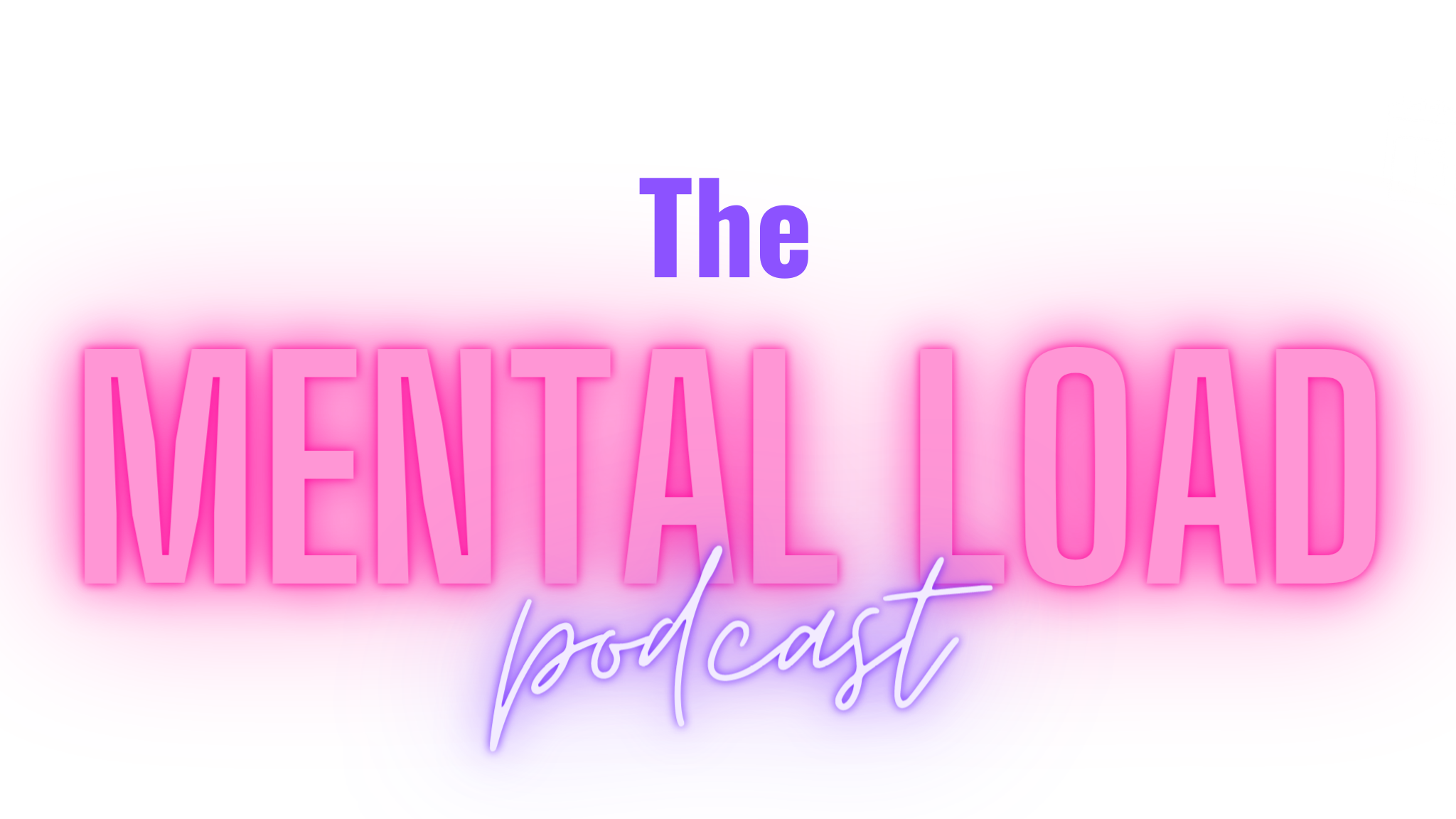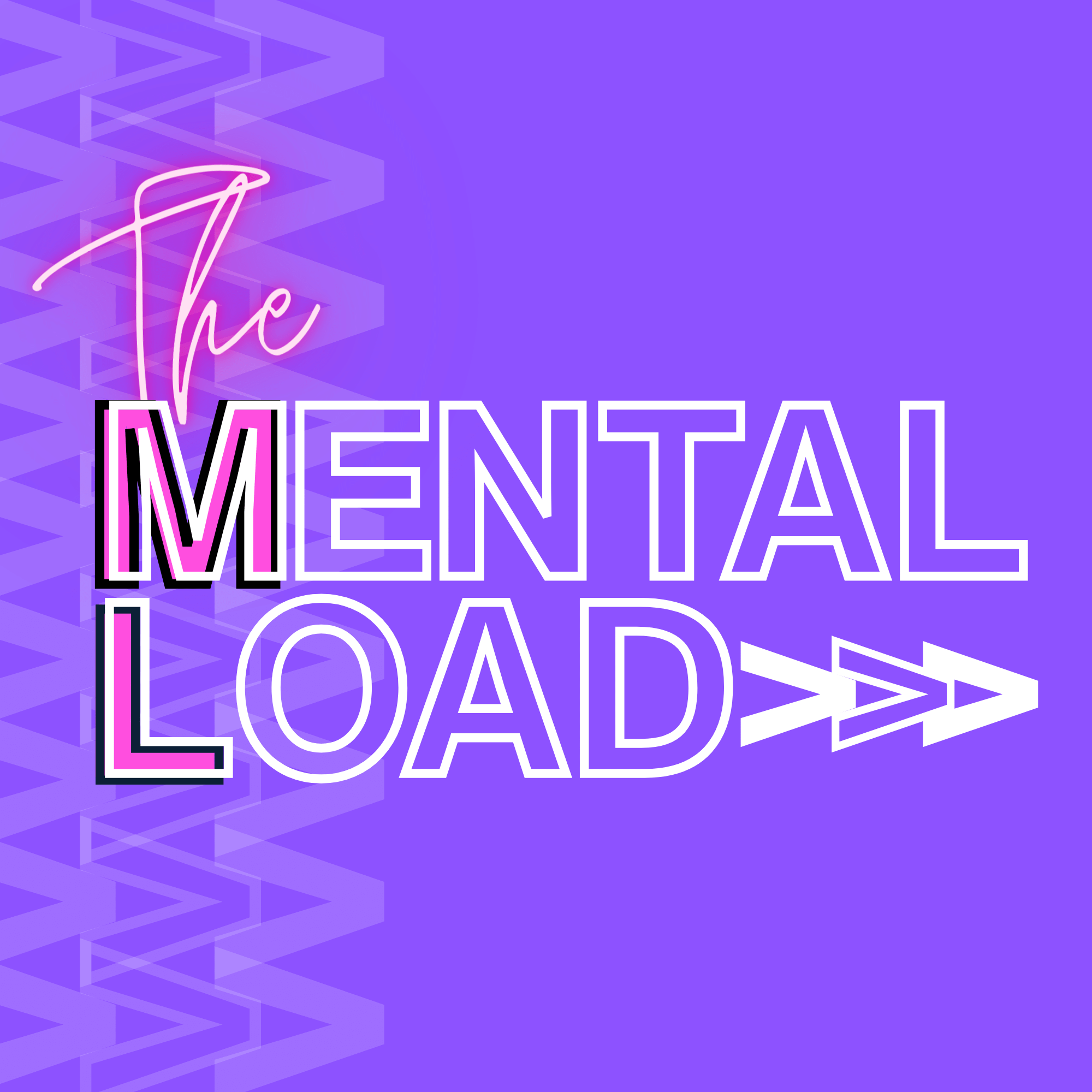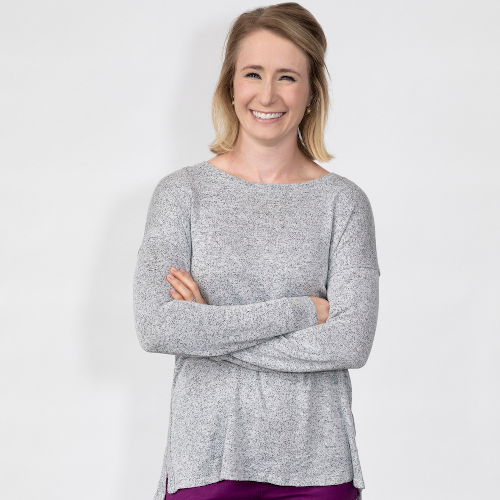Medical Mental Load
Why women still carry the mental load when it comes to our children's healthcare.
In this episode, we break down why women still carry a majority of the mental load when it comes to our kids and their medical records.
- Because of the way American structures its paid leave for women postpartum, they disproportionately take their children to health care appointments - both well checks and sick visits.
- Families report mothers are usually the parent who takes time off when children need to stay home sick.
- Gender roles play a part in why women tend to know more about their kids' medical histories.
Despite the overwhelming evidence that when dads participate in their children's health care, children have a more positive life outcome.
"There is scientific evidence that shows father involvement in a child’s healthcare, it has a positive influence on health outcomes for the child.
- Wysocki and Gavin (2006) found that for children with chronic health conditions, such as asthma or type 1 diabetes, greater direct paternal involvement in disease management was associated with greater treatment adherence and overall quality of life.
- Levy-Shiff et al. (1990) reported that more frequent visits by fathers to the hospital to see their preterm infants fostered higher infant weight gain, and were associated with more positive subsequent father-infant interactions and better child social development and adaptation.
Not only is there a benefit to the child’s health outcomes but studies also show increased father-child bonding."
What can we do about this?
- Encourage dads to download and check their pediatrician's medical app
- Allow dads to own appointments/conditions from start to finish
- Decrease maternal gatekeeping
- Start a shared medical history document/note





